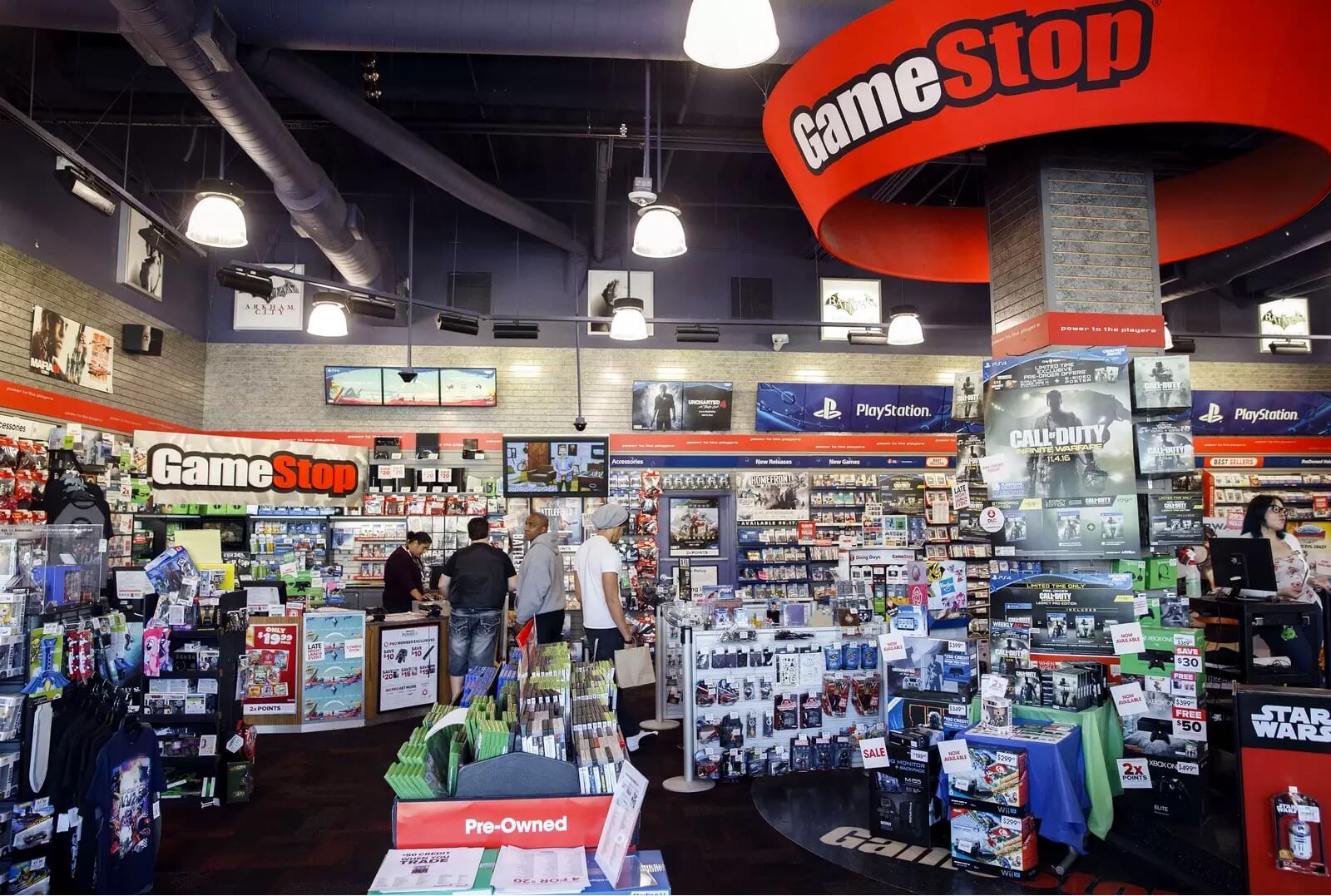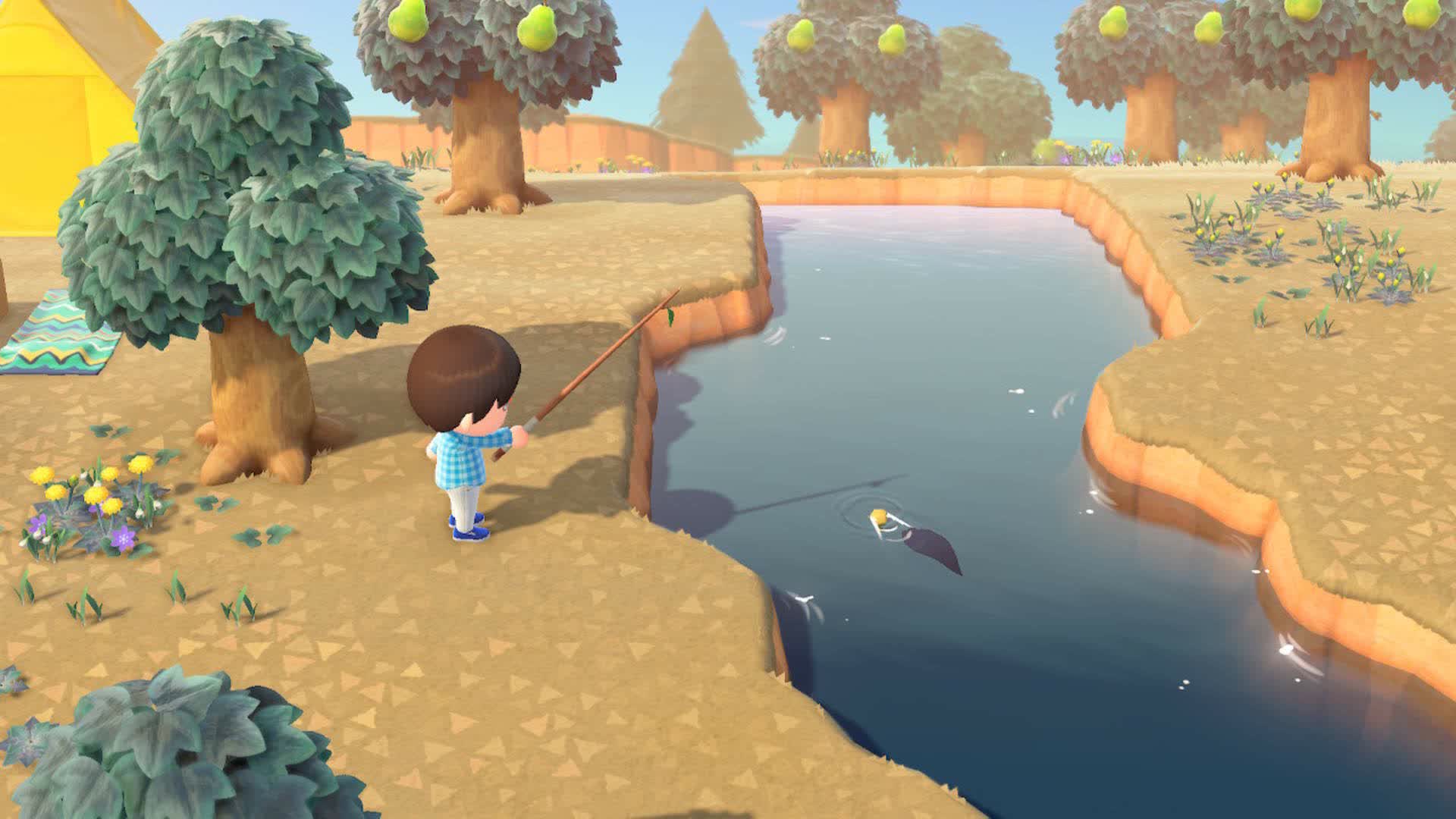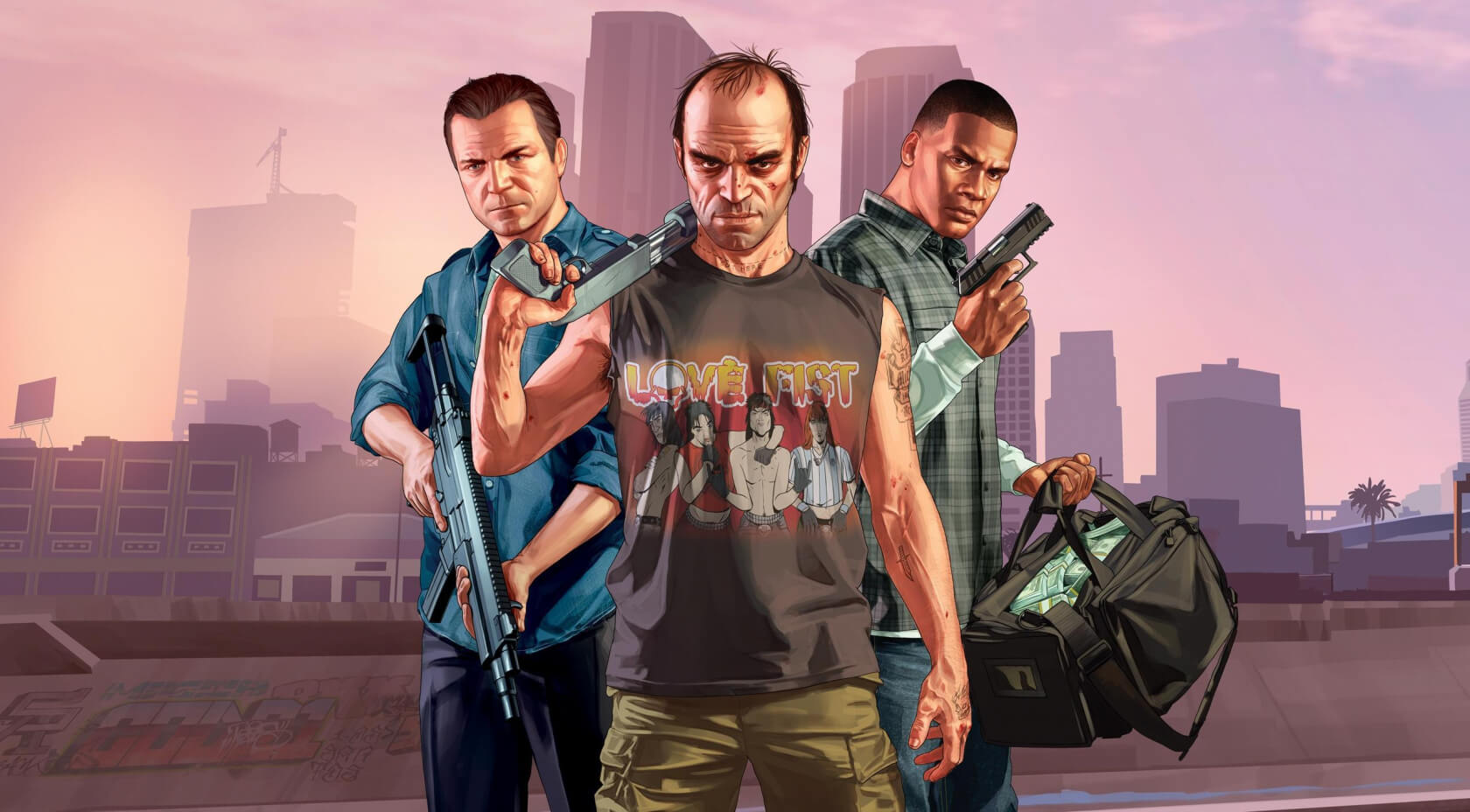Facepalm: As hard as it is to believe, the debate over violent video games and their alleged link to real-life crimes still hasn't gone away. A democratic state representative in Illinois wants titles such as Grand Theft Auto V banned from sale, claiming they are behind a spate of carjackings and violent crimes in Chicago and elsewhere in the state.
The Chicago Sun-Times reports that rep. Marcus Evans Jr. has filed an amendment to a 2012 law that prevents some video games from being sold to minors. House Bill 3531 would amend that law, prohibiting the sale and rental of all "violent video games" in Illinois.
The bill defines a violent video game as one that "allows a user or player to control a character within the video game that is encouraged to perpetuate human-on-human violence in which the player kills or otherwise causes serious physical or psychological harm to another human or an animal," which probably covers around 90 percent of titles out there.

The amendments also want to change the definition of "serious physical harm" to include carjacking. In Chicago, there were 218 incidents of carjacking reported to police throughout January. "The bill would prohibit the sale of some of these games that promote the activities that we're suffering from in our communities," Evans said.
Grand Theft Auto V, the second-best-selling video game of all time behind Minecraft, has been singled out as a particularly bad influence. Early Walker, who started Operation Safe Pump to prevent carjackings at gas stations and shopping centers, said he contacted several state legislators to ban the game after noticing similarities between the way players hijack cars in the game and the real-life crime.
"I feel like this game has become a huge issue in this spectrum," Walker said. "When you compare the two, you see harsh similarities as it relates to these carjackings."
The bill would see anyone who sells or rents a violent video game in Illinois fined $1,000.

Calls to ban violent video games have raged since the 1999 Columbine massacre, which was partly blamed on video games. Families of those who lost their lives in the shooting tried to sue several game companies, but the suit was dismissed.
Despite numerous studies showing no links between violent games and violent behavior, they are still demonized for many of society's problems. In 2018, a Rhode Island representative wanted them taxed, the same year The White House famously compiled a video to illustrate violence in games. It appears that President Biden isn't a fan, either.
Banning violent games in Illinois won't be easy. In 2011, the U.S. Supreme Court said video games are free speech, ending a California law that banned the sale of violent titles to minors.
"Like the protected books, plays, and movies that preceded them, video games communicate ideas --- and even social messages --- through many familiar literary devices (such as characters, dialogue, plot, and music) and through features distinctive to the medium (such as the player's interaction with the virtual world)," Supreme Court Justice Scalia wrote. "That suffices to confer First Amendment protection."
